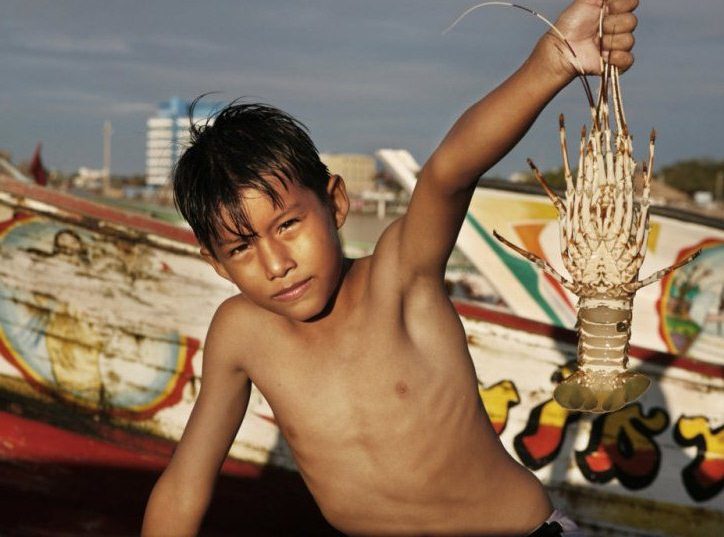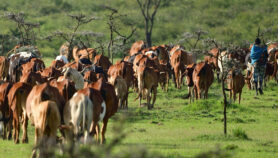By: Zadie Neufville
Send to a friend
The details you provide on this page will not be used to send unsolicited email, and will not be sold to a 3rd party. See privacy policy.
Caribbean countries have agreed a set of common rules to manage and conserve a local lobster species, following scientific evidence of its decline.
The member states of the Caribbean Community met in Grenada in May to sign a declaration providing minimum standards for the fishing of Panulirus argus, known as the Caribbean spiny lobster. It will be valid in the 17 nations of the Caribbean Regional Fisheries Mechanism (CRFM).
“These are so important to us that we cannot allow the stocks to decline through poor management and irresponsible harvesting.”
Milton Haughton, Caribbean Regional Fisheries Mechanism
The spiny lobster is a major source of income for local fisheries, and is critical to the socioeconomic wellbeing of many Caribbean communities, the signatories said.
The deal follows growing concerns about the long-term economic viability of lobster fishing in the region. According to the CRFM, catches are declining and overexploitation of the species is having knock-on effects on other marine life.
Milton Haughton, head of the CRFM secretariat, says that socioeconomic importance aside, the lobster plays a critical role in maintaining the “ecological integrity and delicate balance” of the coral reef ecosystem.
“We therefore need to be very careful in the way we harvest the resources,” he says. “These are so important to us that we cannot allow the stocks to decline through poor management and irresponsible harvesting.”
The non-binding agreement aims to improve and standardise data collection on lobster catches and encourage the use of biodegradable traps to reduce ocean littering and protect other marine species. It also aims to reduce illegal and unsustainable fishing to strengthen conservation, the CRFM said.
According to Haughton, better use of data would improve local conservation research, which would in turn strengthen understanding of the biological, economic and nutritional aspects of lobster fishing. “All of this requires a scientific approach informed by good governance systems and intimate knowledge,” he says.
In most Caribbean countries, lobster fishing is governed by the Convention on International Trade of Endangered Species, which includes a quota system, periodic scientific surveys and a limited fishing season. In the Caribbean, however, capacity for such monitoring varies between states, and a lack of regulations around lobster fishing puts the resource at risk, the Grenada meeting heard.
Caribbean fisheries’ representatives cautiously welcomed the deal and called for rules that distinguish between subsistence fisheries and large commercial fishing operations.
But, he says that the declaration would help Jamaica design better evidence-based strategies to manage its lobster-fishing industry, including the spotted spiny lobster, another local species.
“We are looking, for example, at biodegradable traps and will make adaptations where necessary to improve the existing management systems,” says Kong.














